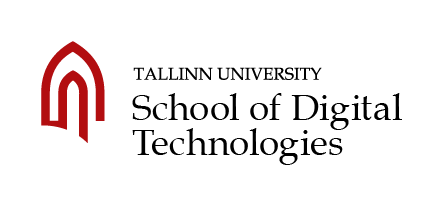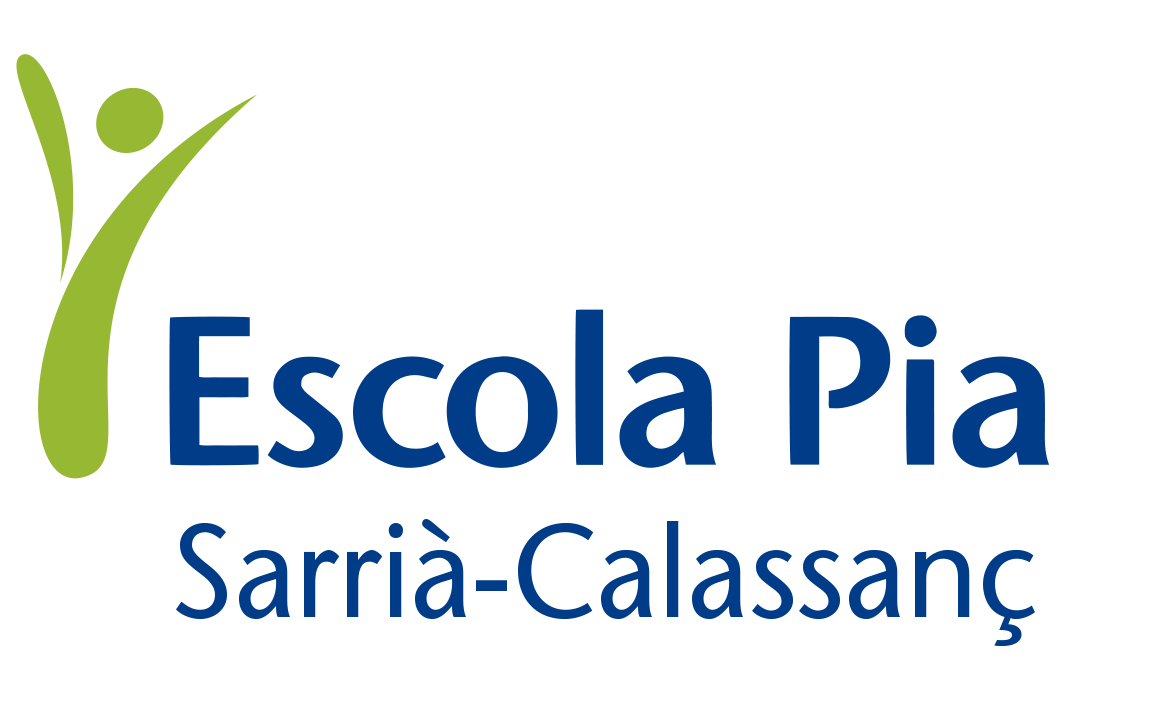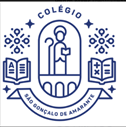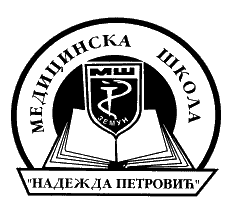Consortium
University Pompeu Fabra (UPF) - TIDE (coordinators)
The University Pompeu Fabra is a public, international and research-intensive university that, in just twenty-five years, has earned a place for itself among the best universities in Europe. It is one of the 7 fastest-rising young universities in the world. The Interactive and Distributed Technologies for Education (TIDE) Research Group is part of the University Pompeu Fabra’s Department of Information and Communication Technologies (DTIC). TIDE is led by a Full Professor, Dr. Davinia Hernández-Leo, and includes a team of 15 members including a senior researcher, a postdoctoral researcher, PhD students, research assistants and a developer. TIDE research lies at the intersection of human-computer interaction, network and computer applications, and learning sciences.
Website: https://www.upf.edu/web/tide
Tallinn University (TLU)
TLU participates in this project through its Centre of Excellence in Educational Innovation School of Digital Technologies. A team of researchers from Educational Science, Digital Technologies and Psychology, that seeks new ways to support evidence-based educational innovation in schools, universities and workplaces.
Website: https://web.htk.tlu.ee/htk/
Kokoro
Kokoro is a non-profit association, created in Portugal in 2019, by a group of researchers and educators dedicated to pedagogical innovation. Kokoro’s team is composed of 10 researchers and educators in the areas of Arts, Psychology, Human Resources Management, Economics, Management and Marketing.
Website: http://www.kokoro.pt
University of Belgrade (UB)
UB participates in this project through the Institute of Psychology within the Faculty of Philosophy which has a long tradition of a) conducting monitoring and evaluation studies, b) developing research instruments, c) developing practical educational tools for students and teachers -including digital ones-, and d) organizing community events, training and conferences.
Website: http://www.f.bg.ac.rs/sr-lat
ArchiPLAY
ArchiPLAY is a small family company focused on designing and producing didactic materials and tools for learning through play. ArchiPLAY closely cooperates with representatives of the official educational system – schools, kindergartens, faculties, educational centres – in order to provide the most relevant perspective and knowledge on several major subjects: how to support learning from the early age throughout a lifetime, how to engage children and students with hands-on activities, how to improve problem-solving, creative thinking and logical skills.
Website: http://www.archiplay.rs
Escola Pia Sarrià-Calassanç
Escola Pia de Sarrià-Callassanç (EPS), in Barcelona, belongs to the collective of Escola Pia de Catalunya (EPC), with more than 20 schools located mainly in Catalonia but also all over the world. The school specifically performs teaching in all formal educational levels of the Spanish educational system, spanning K12 and non-compulsory secondary education (Baccalaureate), as well as Vocational Education. The school, which gathers around 250 workers and 1900 students, belongs to a local model of publicly funded private school.
Website: https://www.escolapissarria.cat/
Associated Partners
S. Gonçalo College (Amarante, Portugal)
S. Gonçalo college was founded in 1931 and today counts with more than 1000 students and more than 100 teachers from all levels of education. This institution of private and cooperative education, with a specific identity, is a Catholic and Diocesan School, with its own educational project.
Website: https://colegiosaogoncalo.pt/
Medical school “Nadežda Petrović” (Belgrade, Serbia)
Founded in 1958. in Belgrade, Serbia, as a high school specialized in educating medical technicians.
Website: http://www.medicinskazemun.edu.rs/
Primary School Braća Baruh (Belgrade, Serbia)
Primary school (age 7-14), founded in 1964. in Belgrade, Serbia.
Website: https://www.osbracabaruh.edu.rs/
Primary School Mihajlo Petrović Alas (Belgrade, Serbia)
Primary school (age 7-14), founded in 1964. in Belgrade, Serbia.
Website: https://www.osmpalas.edu.rs/







